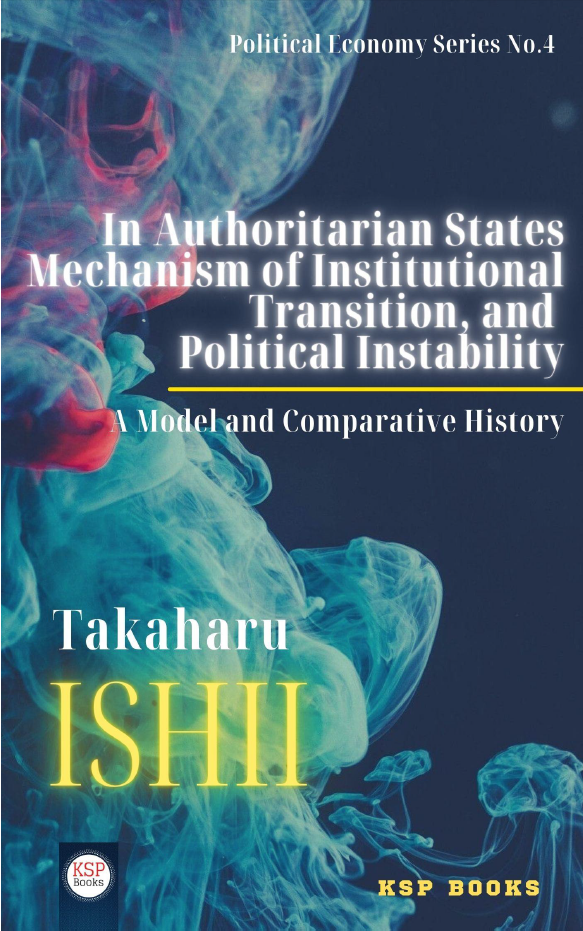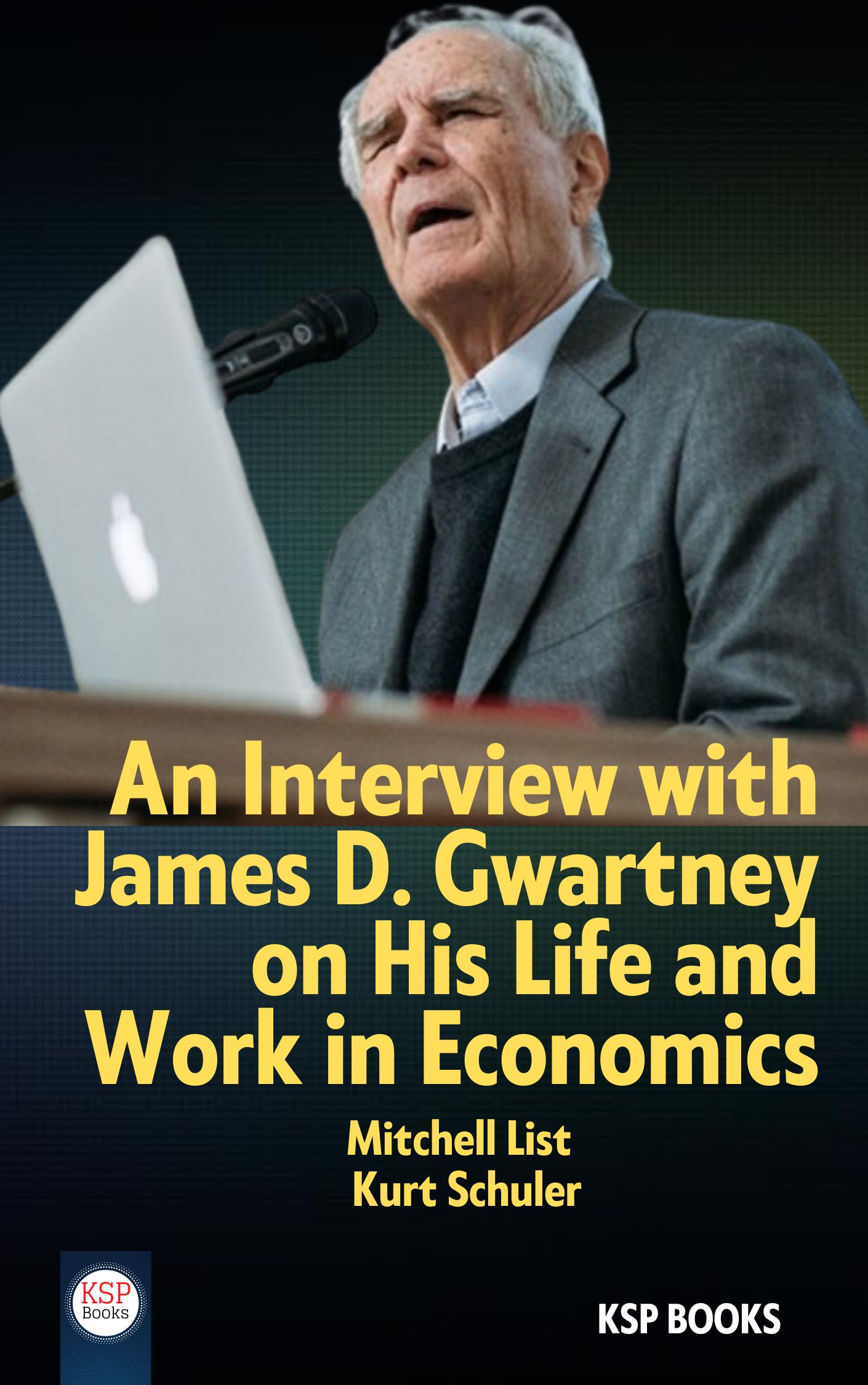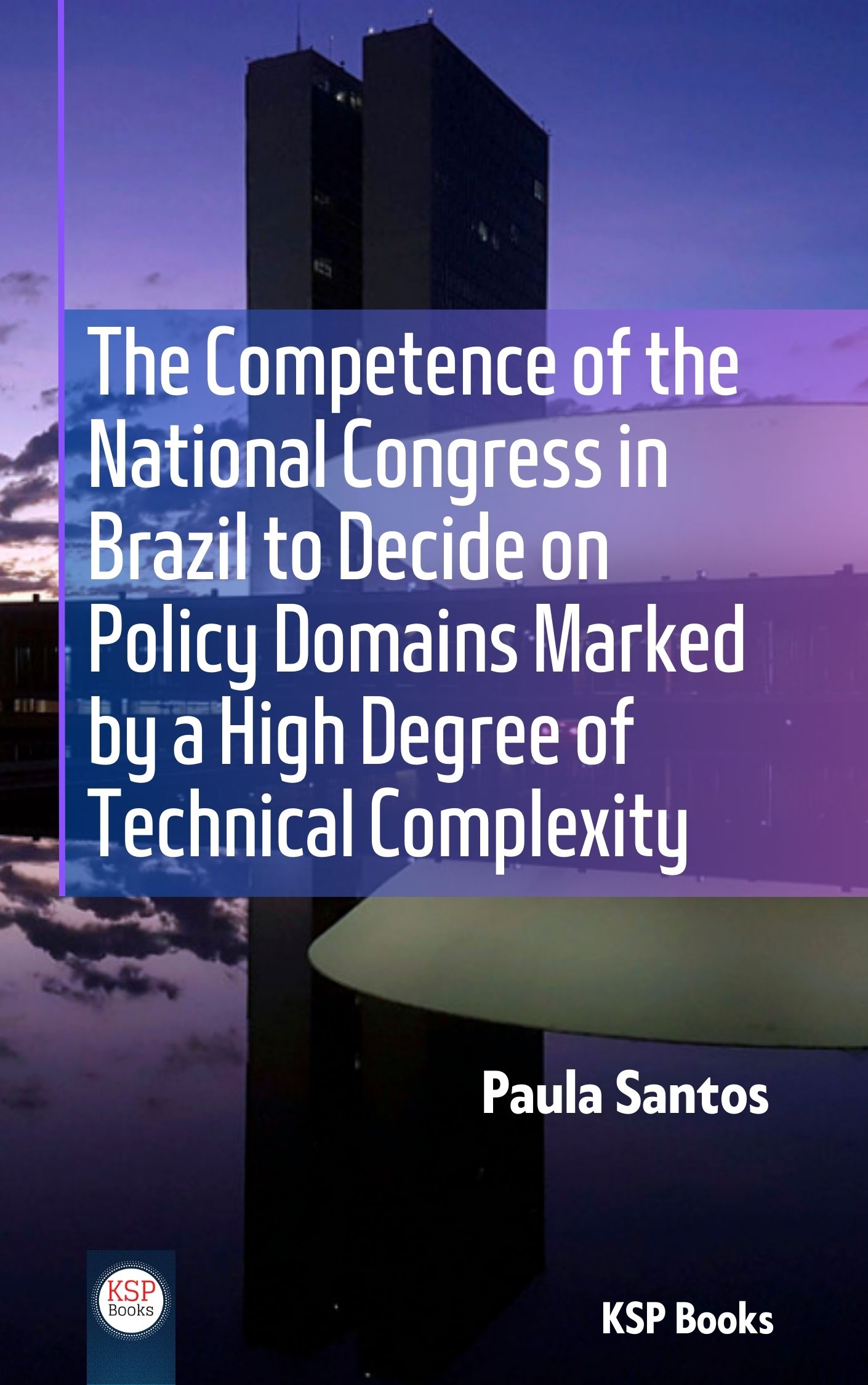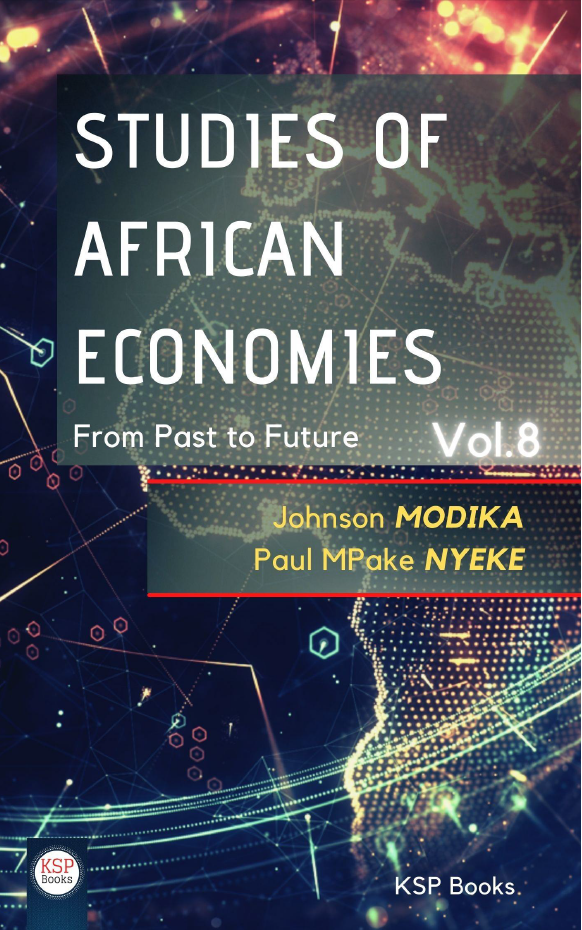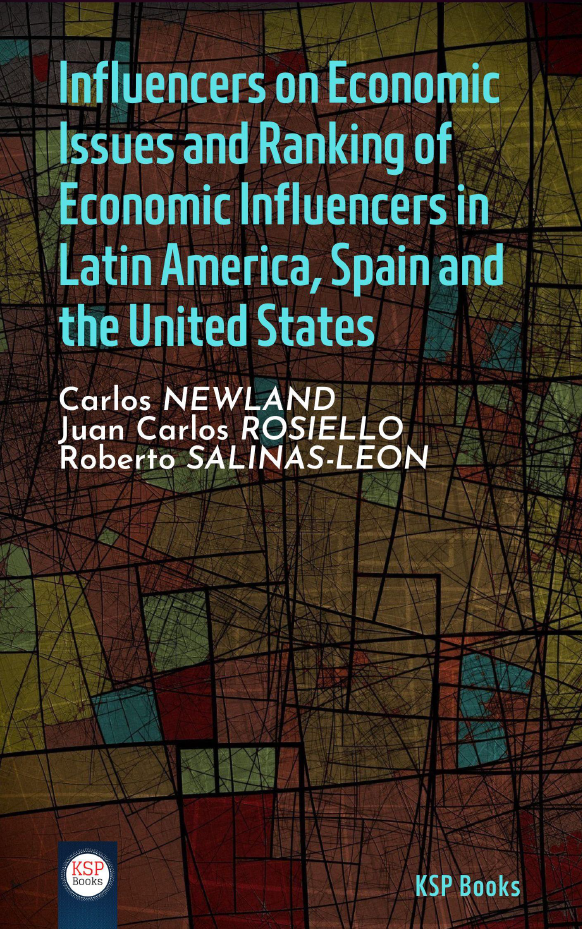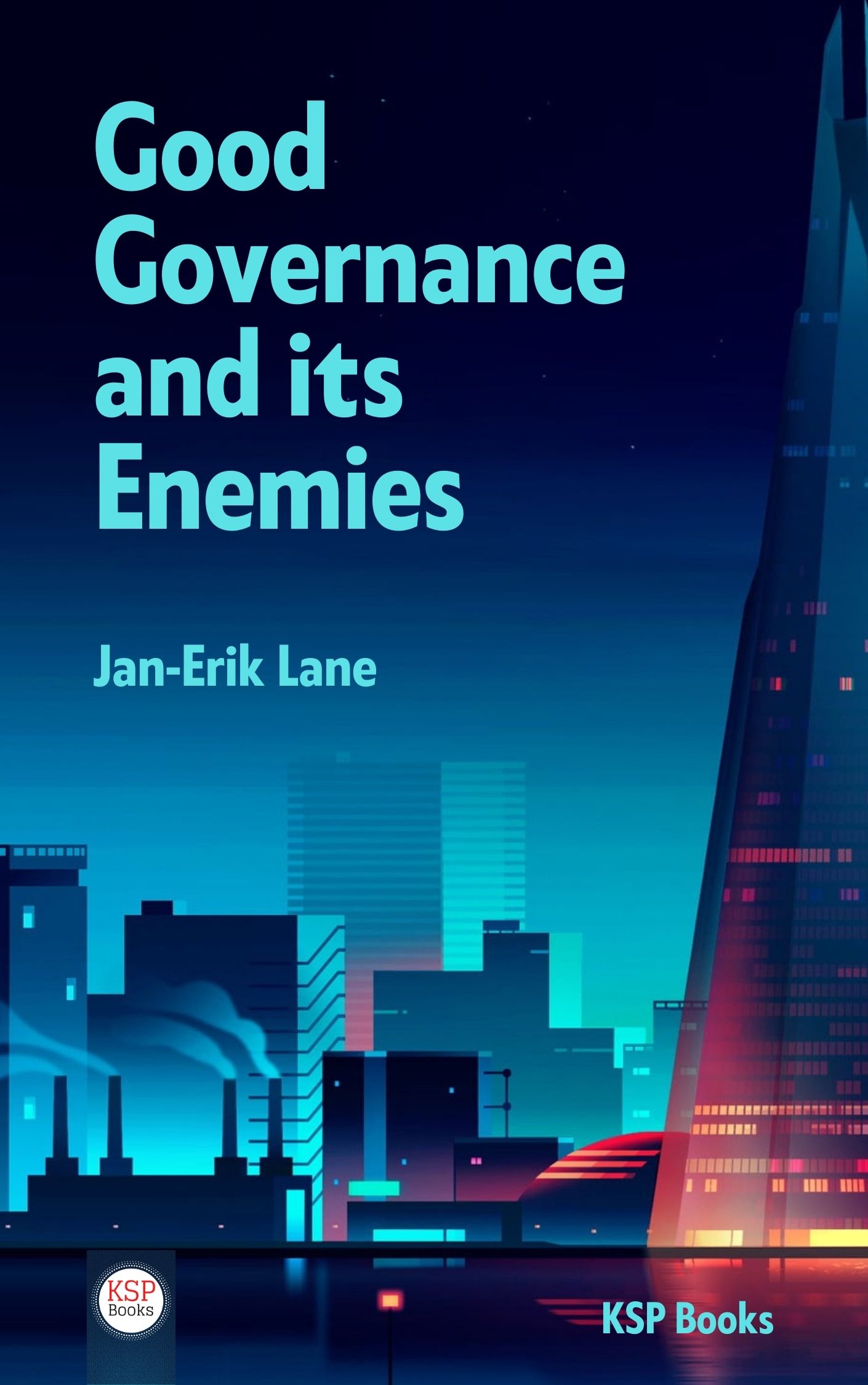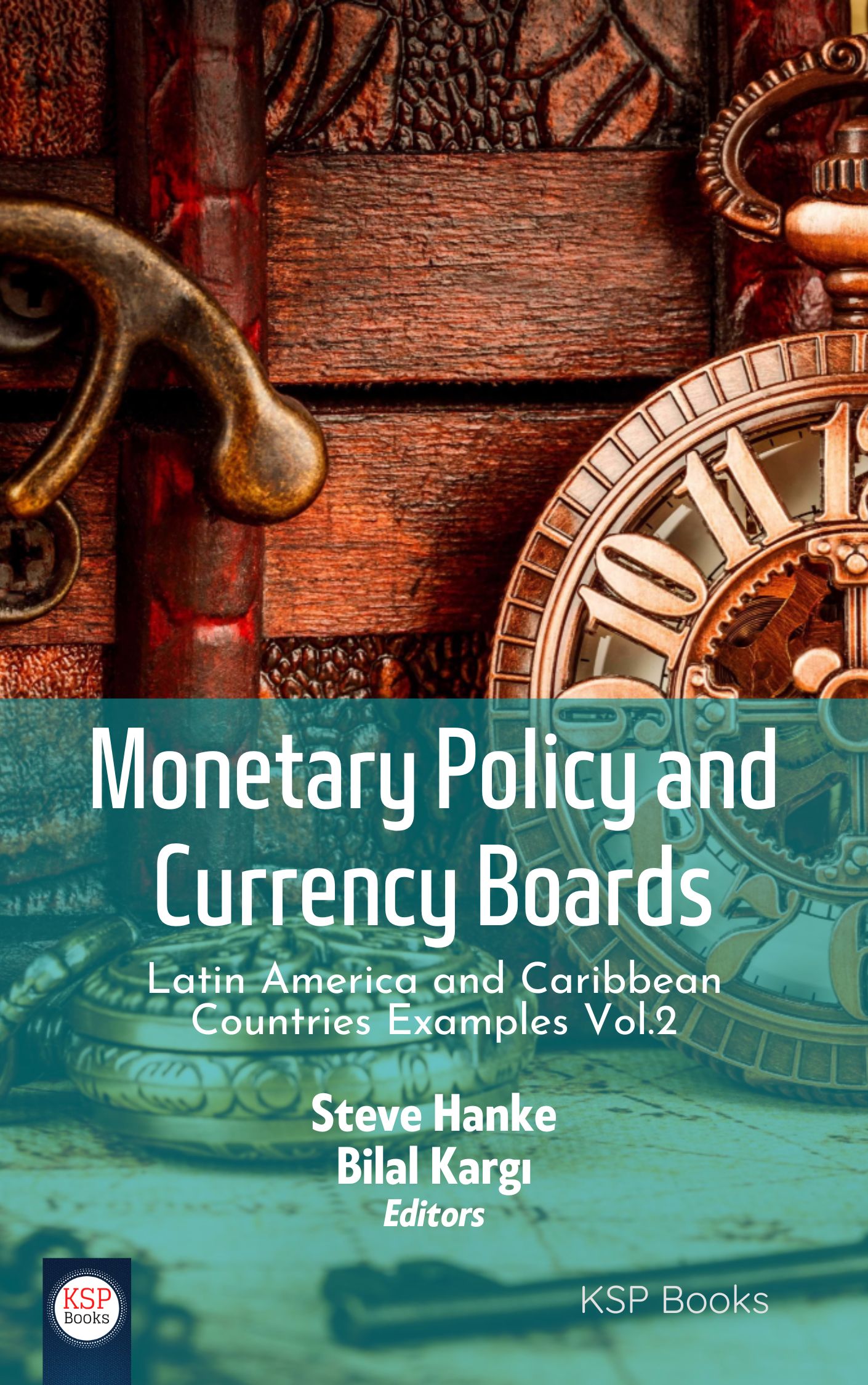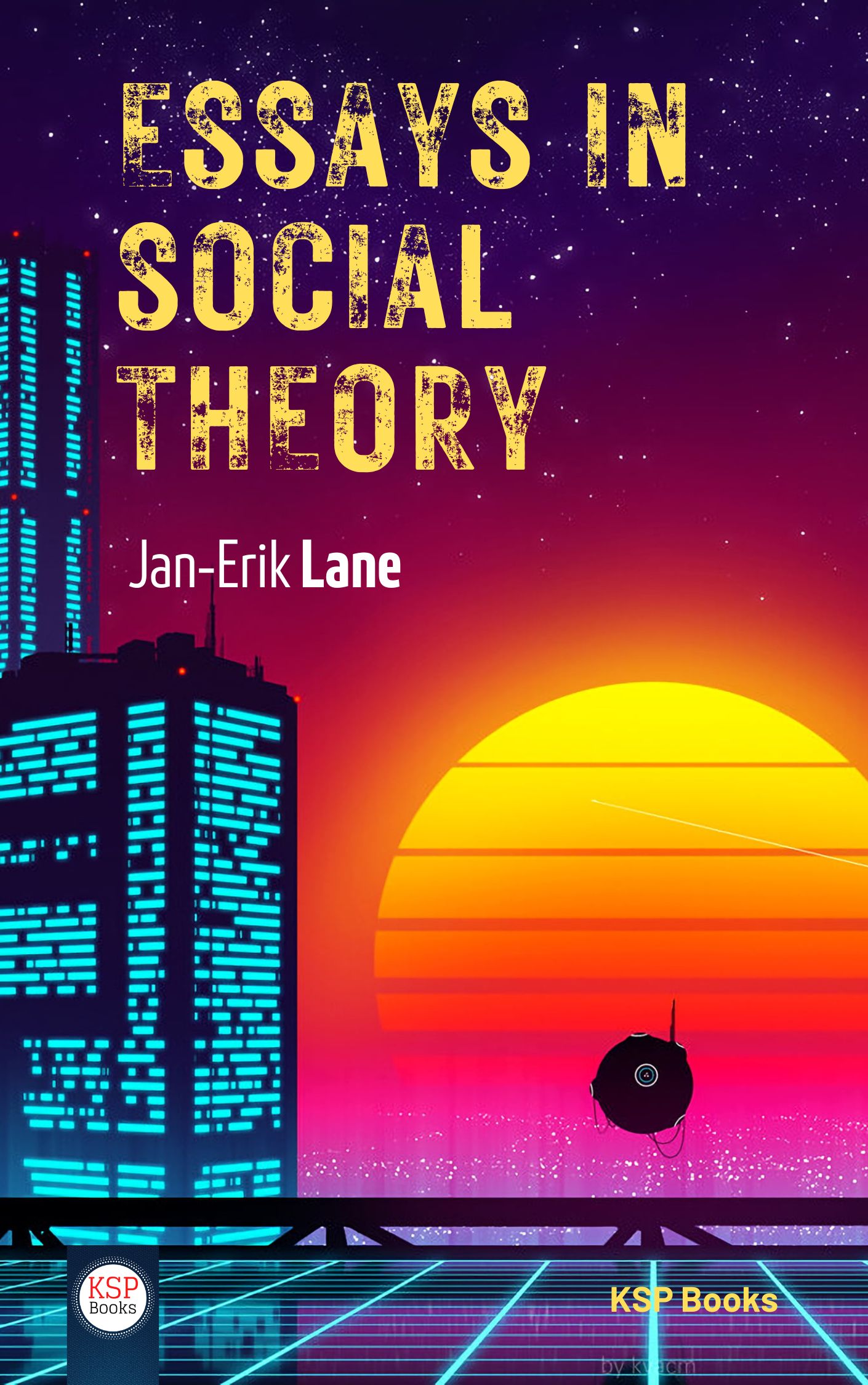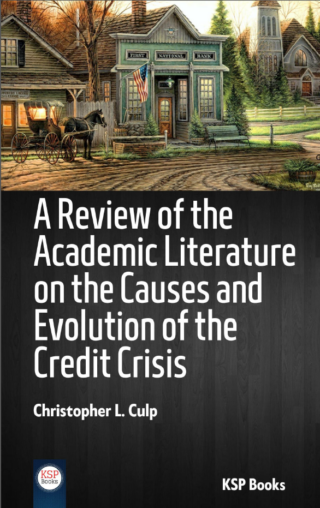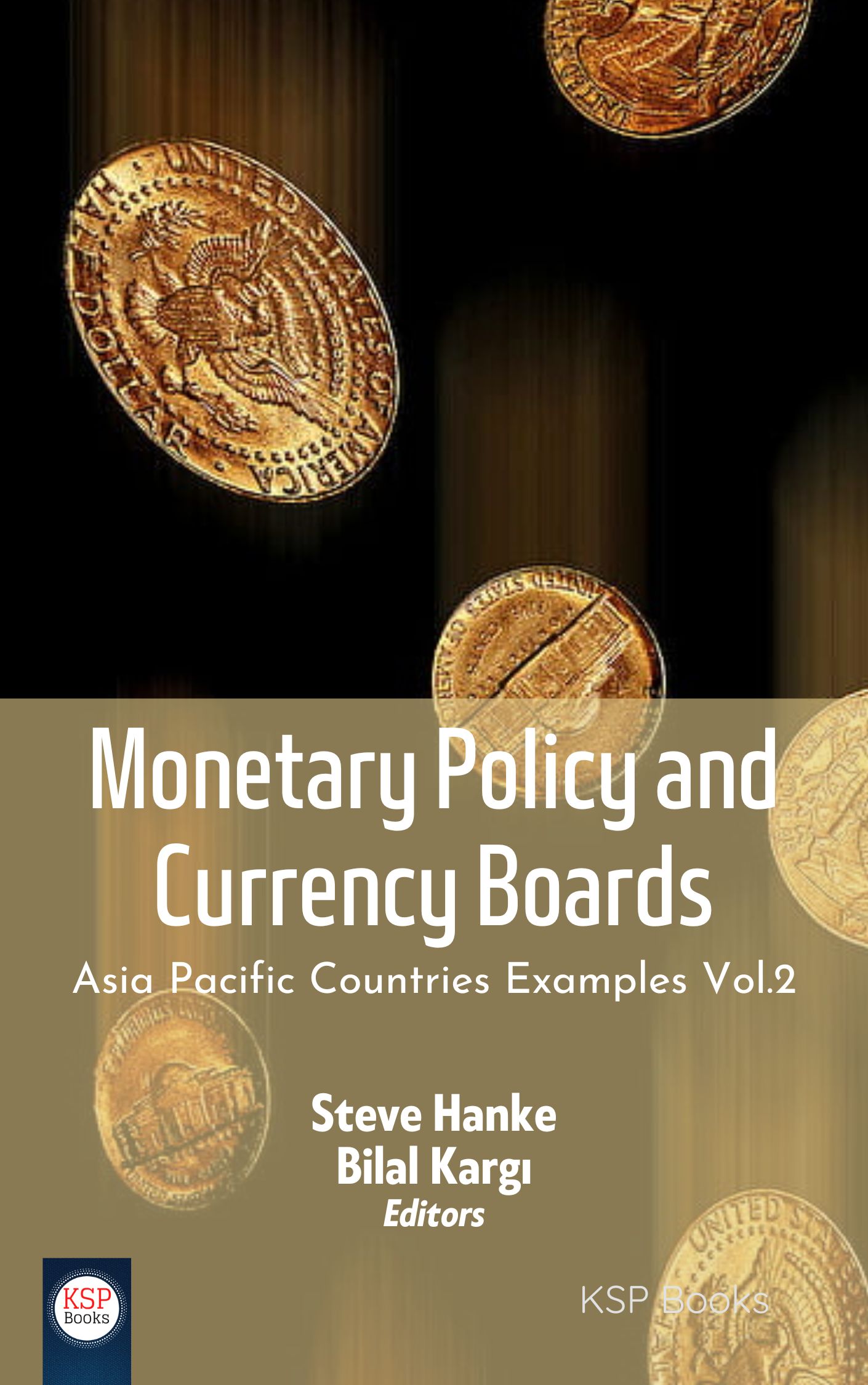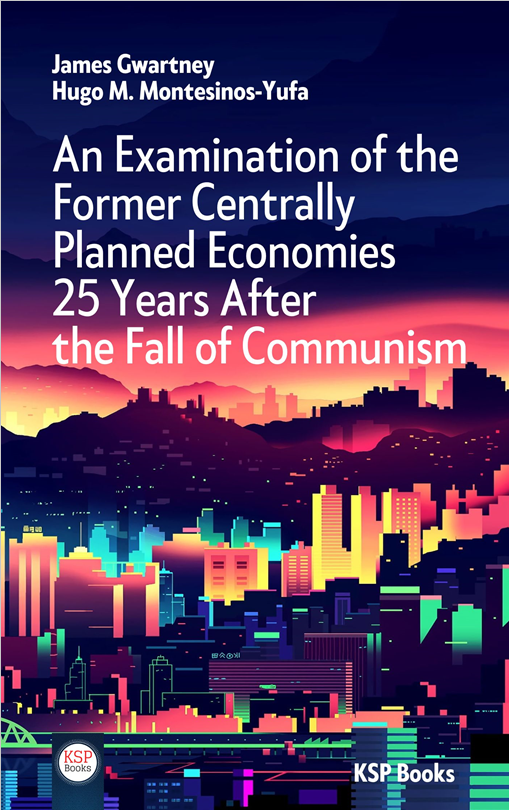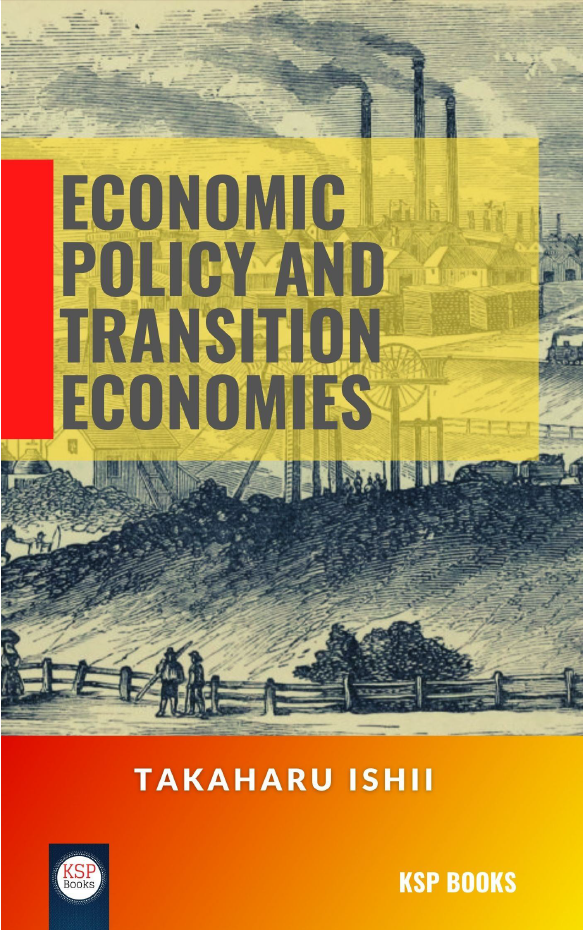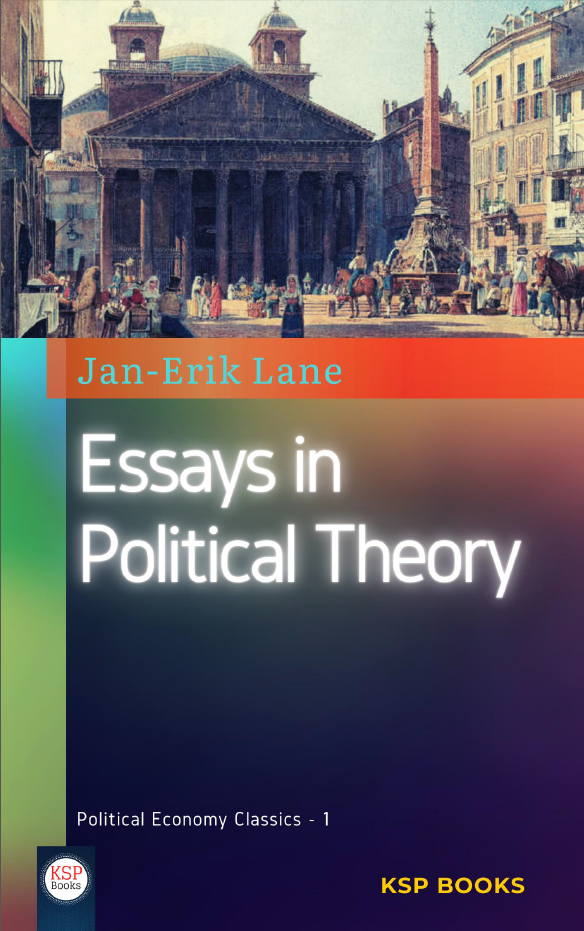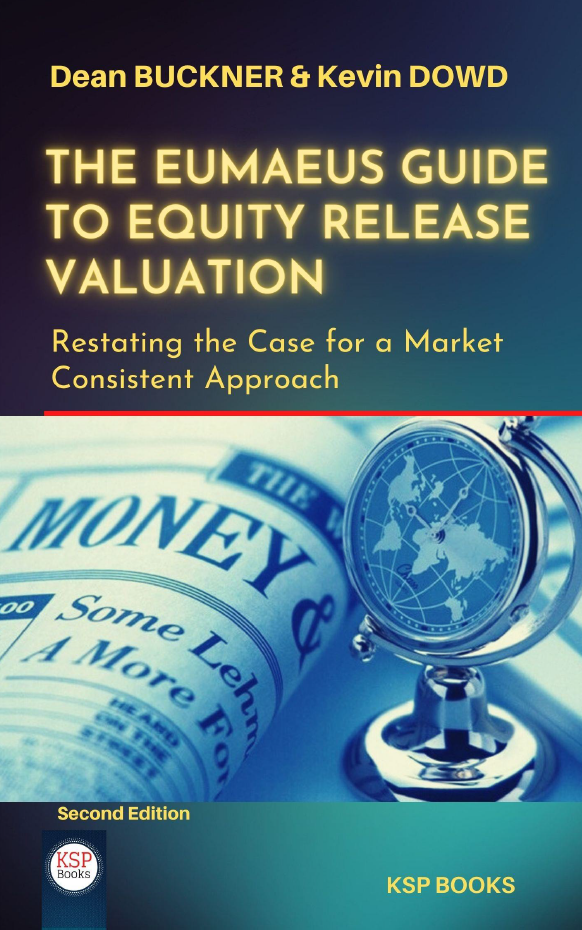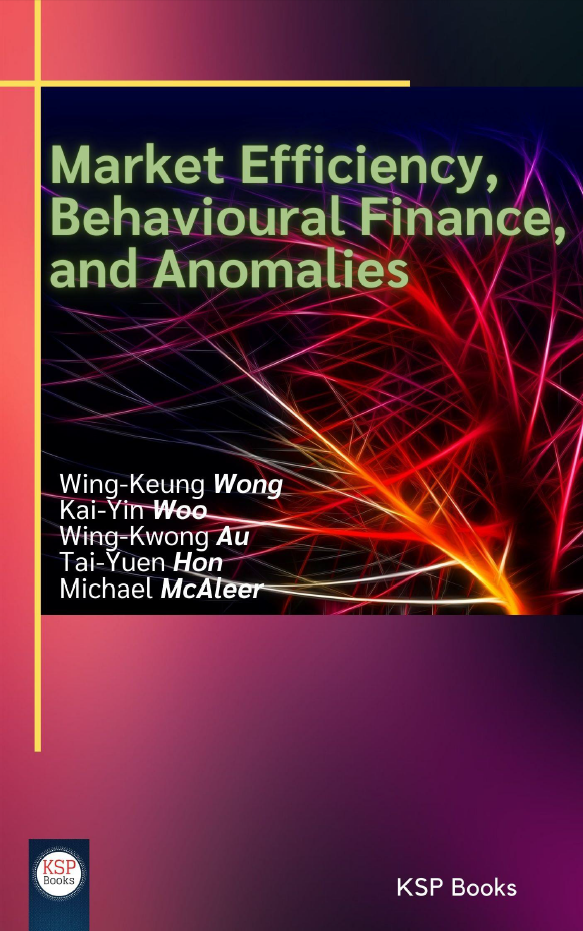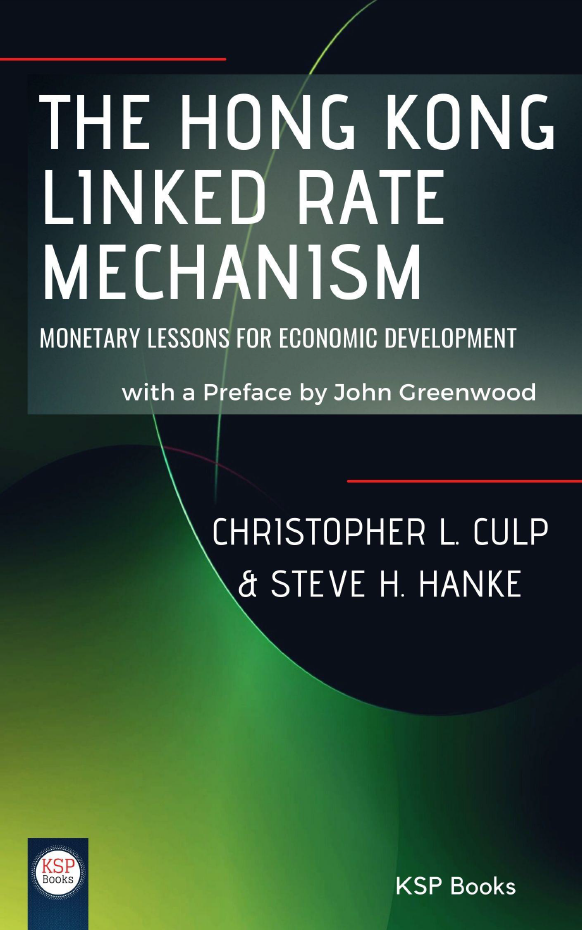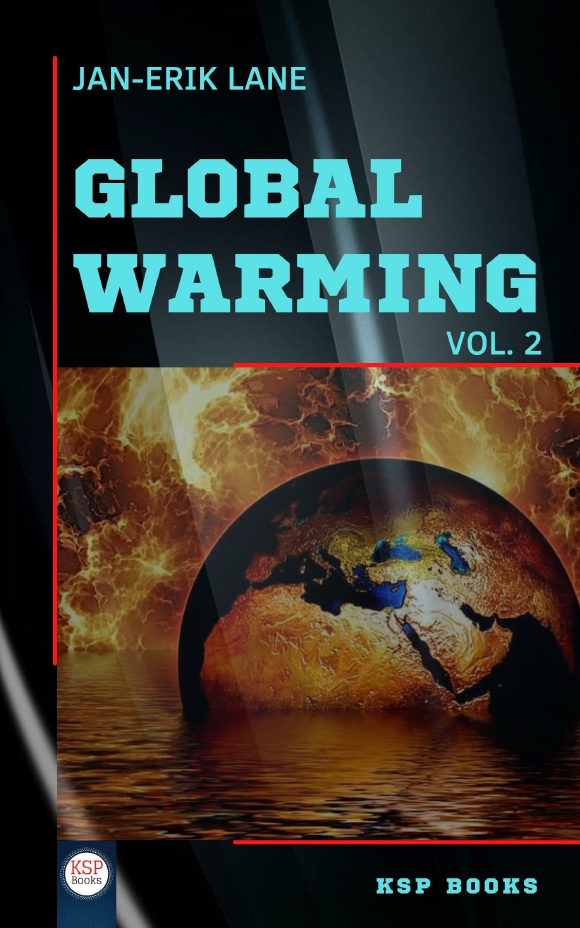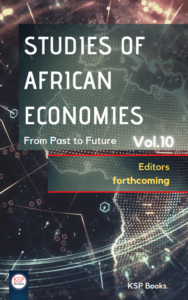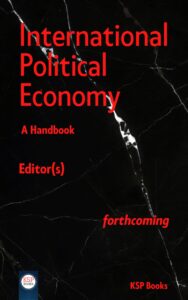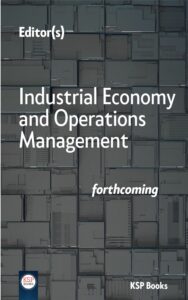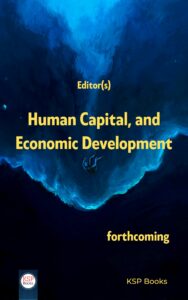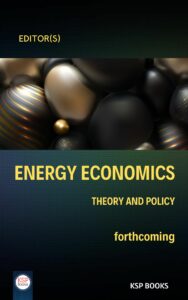By
Takaharu Ishii
Business Breakthrough University, Japan
e-ISBN: 978-625-7501-85-9
Publishing Date: June 28, 2022
File Size: 4,171 MB
Length: xv + 206 pages (PDF)
Language: English
Dimensions: 13,5 x 21,5 cm
 This Book is completely open access. You can freely read, download and share with everyone.
This Book is completely open access. You can freely read, download and share with everyone. 
Chapter 1. This chapter provides theoretical conditions for a stable political system. This chapter has the trade-off that military support for the rulers simultaneously encourages military build-up, resulting in closed authoritarianism, electoral authoritarianism and stabilising military regimes, while at the same time giving the military a stronger voice, which is a cost for the rulers. Democracies that are not aligned with the military are shown to be unstable. Despite the assumption of a path-dependent model, electoral authoritarianism is a stable system in countries where the initial political system is strengthened, but where the balance between citizens and the military is struck and the amount of real resources is not sufficient for the number of resources demanded by the citizens.
Chapter 2. In this chapter, in order to examine the turning point of institutional change, we analyzed civil wars from four aspects. Theoretical, simulation, empirical analysis, and case studies. By endogenizing political, economic, and military factors in the model, we have clarified the mechanisms by which civil wars occur. The robustness of the model is evident from simulation analysis and real-life cases. We showed that the weaker the initial challenger to the government, the greater the contribution of cooperation from the population and a third force to the challenger in the process of civil war, and thus the challenger cannot create a new autocratic government with a single group after winning the civil war. The challenger also has the advantage of prolonging the civil war. For the challenger, the probability of winning the civil war increases with the proximity of the challenger’s political ideology to the population, and the probability of the challenger winning the civil war is also higher when the government loses the maintenance of the population’s property and public goods and the stability of the price level. The decrease in the value of public and private goods of the population due to the hyperinflation described will lower the utility of both urban and rural residents.
Chapter 3. Using the model, this study makes eight policy recommendations for creating a new postwar deterrent world order when the warring parties are authoritarian dictatorships with veto power and nuclear powers. First, as long as the ceasefire condition is the abandonment of an independent state by a dictatorship and the retention of an independent state by an invaded state, ceasefire negotiations tend to be parallel unless a mediator is obtained; Second, since democratic states require public consent before the decision to start the war, the obstacles to the start of the war are this is greater than in dictatorships. Third, the distance between a dictatorship and a country determines the decisions of its leaders. The greater the distance, the more likely it is to provide only economic assistance. The closer a country is to the point where it feels threatened if the occupation is tolerated, the more military assistance it will provide. Fourth, when a dictatorship initiates a war of aggression, neighboring countries tend to use economic sanctions to weaken the dictatorship’s ability to wage war to avoid a major-power war. Fifth, it is essential to introduce a system in which the veto power of a permanent member of the UN Security Council is suspended if it violates the UN Charter or is a war party. The sixth is the establishment of a permanent UN force that can intervene in areas of conflict by a certain level of resolution of the UN General Assembly. Register with the UN volunteer soldiers who can act in the exercise of war, so that they can be deployed early in the event of a war of aggression by a major power against a minor power. Eighth, make wartime statements by dictators and leaders of invaded countries in the media and elsewhere binding under international law.
Preface
1.Why return to an electoral authoritarian state?
Introduction
Previous review
The model
Discussion
References
2.Why return to an electoral authoritarian state? Mechanism of institutional transition, political instability and expansion of local power through civil wars: A model and comparative history
Introduction
Previous review
The model
Policy change analysis
Theoretical interpretation of China and Japan
Emprical analysis
Case study: Japan and China: Factors reducing regulators’ abiality to manage
Discussion
Appendix
References
3.Rational decisions and responses of dictatorships in authoritarian states with veto power
Introduction
Advance research
Gains and coats for each player and responses
Model
Conclusion of analysis
Discussion
References
Takaharu Ishii
Business Breakthrough University, Japan
Dr. Takaharu Ishii was appointed as a lecturer in the department of management in April 2016, specialising in developing countries.
I completed my PhD in 2009, undertaking a part-time PhD (2009-2011) and a lecturer in department of management (2011-2016, 2016-) in the study of Developing countries.
Related EconPedia Items


